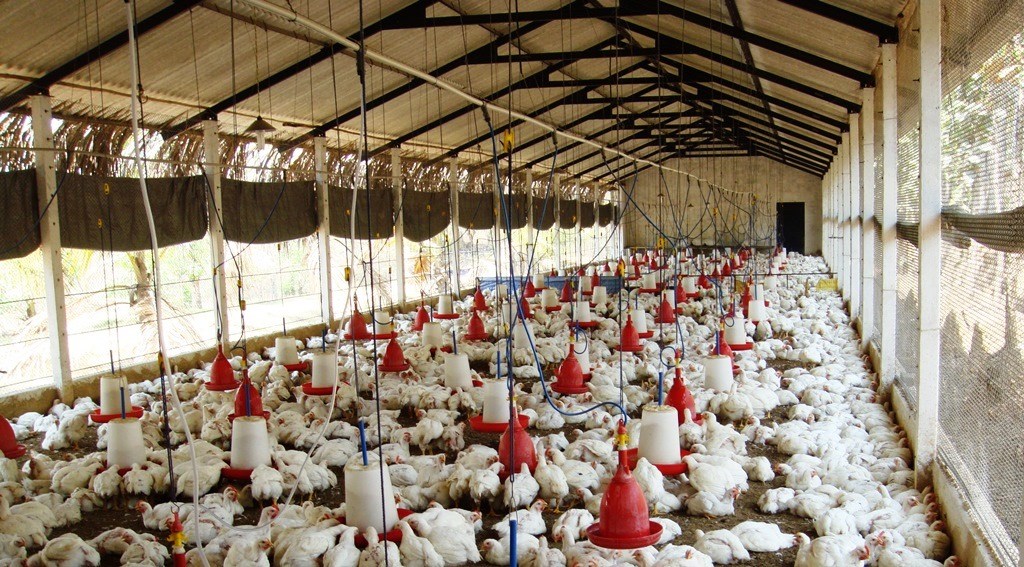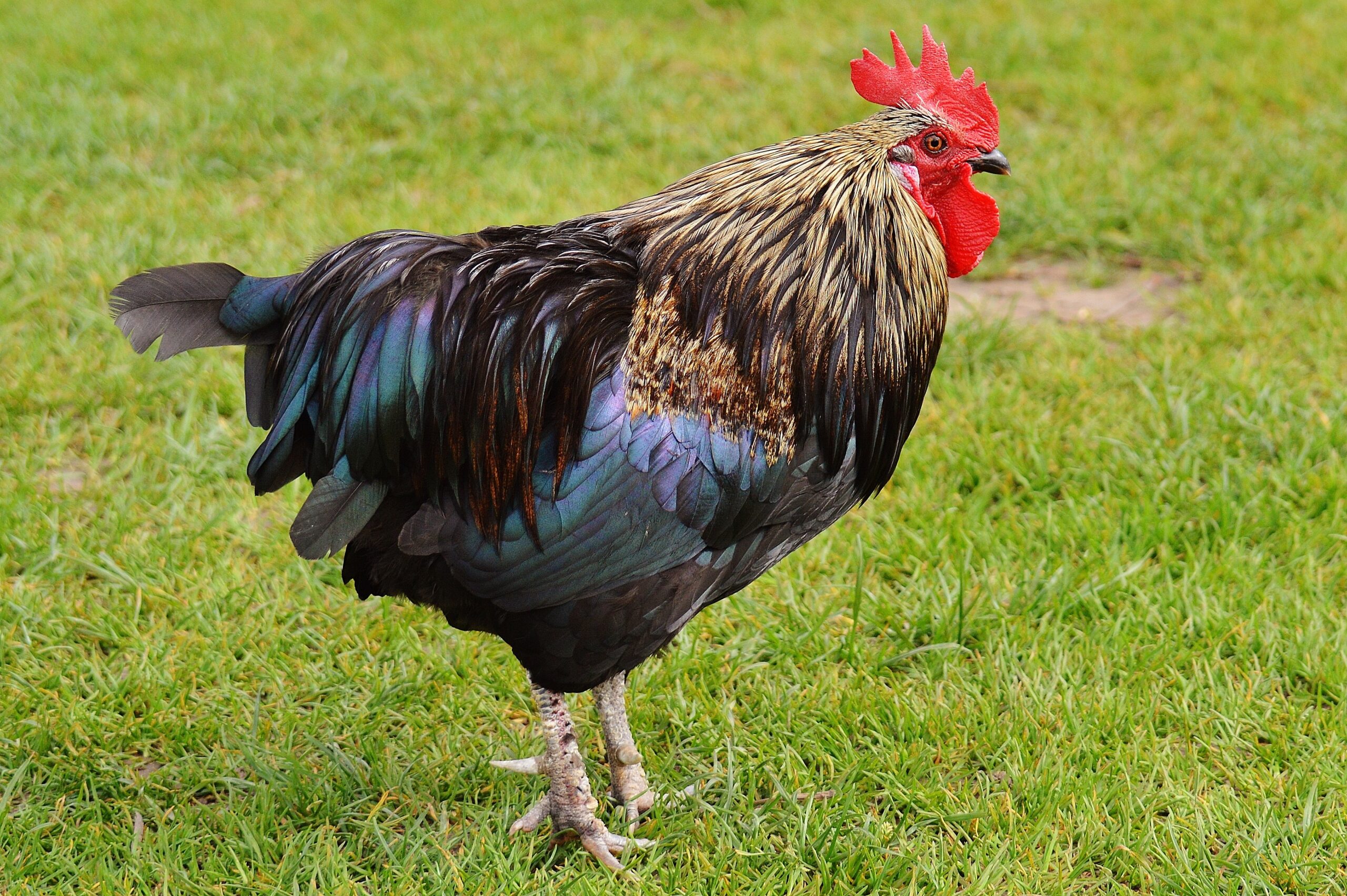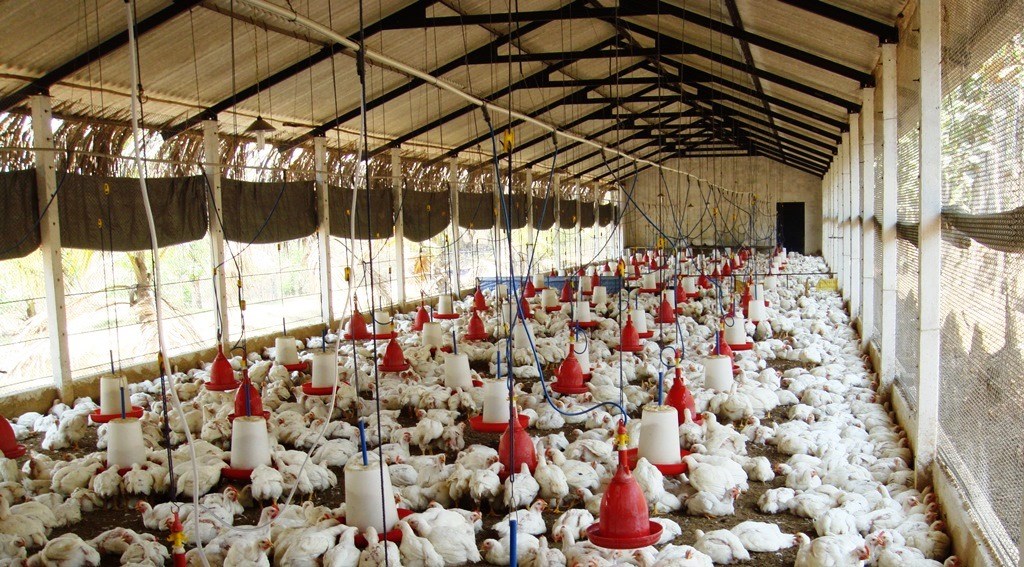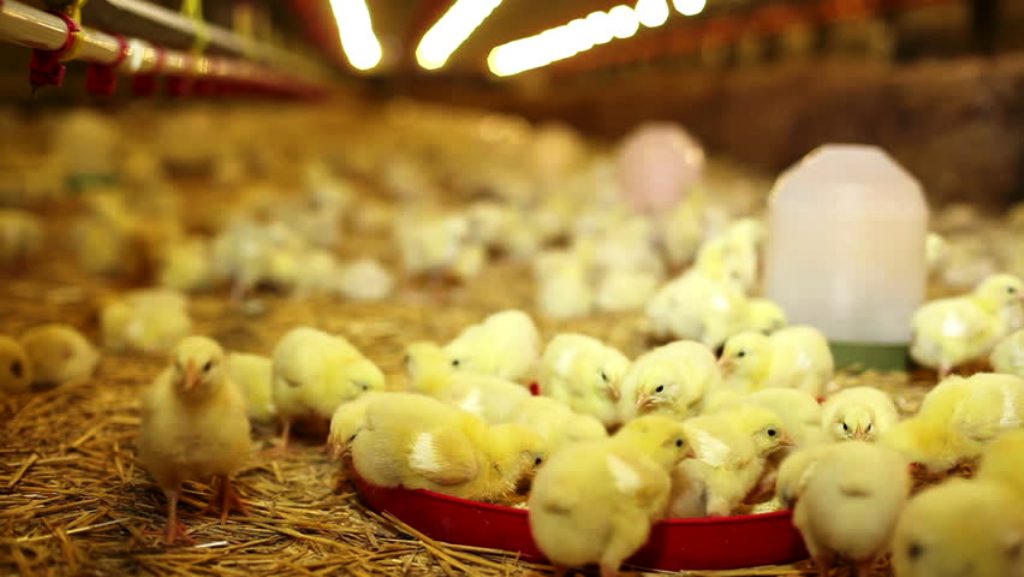Starting a chicken farming business can be a profitable venture, but it requires careful planning and strategic thinking. A well-thought-out chicken farming business plan serves as a blueprint for the entire operation, ensuring that all aspects of the business are considered and addressed. In this guide, we will explore the essential components of a chicken farming business plan, from initial research to financial planning and operational management.
Understanding the Market and Feasibility
Conducting Market Research
Before diving into chicken farming, it’s crucial to conduct thorough market research. This involves understanding the demand for chicken products in your region, identifying potential competitors, and analyzing market trends. Market research helps in determining the viability of the business and identifying the target audience.
Evaluating the Feasibility of the Business
Feasibility analysis involves assessing the practicality of the business idea. This includes evaluating the availability of resources such as land, feed, and water. It’s also essential to consider the legal requirements and regulations related to chicken farming in your area. Understanding these factors helps in making informed decisions and avoiding potential pitfalls.
Crafting the Chicken Farming Business Plan

Executive Summary
The executive summary provides a snapshot of the business plan, outlining the business goals, strategies, and key highlights. This section should be concise yet comprehensive, giving readers a clear overview of what the business intends to achieve.
Business Description and Objectives
This section delves into the details of the business, including the type of chicken farming (e.g., broiler, layer, or free-range), the scale of operation, and the unique selling points. Clearly defined business objectives help in setting measurable goals and tracking progress.
Market Analysis
Market analysis is a critical component of the chicken farming business plan. It involves a detailed examination of the industry, market size, growth potential, and customer demographics. Understanding the market dynamics aids in developing effective marketing and sales strategies.
Planning the Operations
Choosing the Right Breed
Selecting the appropriate chicken breed is vital for the success of the farming business. Different breeds have varying requirements and yield different results. For instance, broilers are ideal for meat production, while layers are suited for egg production. Conducting research on various breeds helps in making an informed choice.
Facility and Infrastructure Planning
Proper infrastructure is crucial for the health and productivity of the chickens. This includes constructing suitable housing, ensuring adequate ventilation, and setting up feeding and watering systems. Additionally, having a waste management plan in place is essential for maintaining hygiene and preventing diseases.
Financial Planning and Budgeting

Estimating Startup Costs
Starting a chicken farming business involves significant initial investment. Startup costs include purchasing land, building facilities, buying equipment, and acquiring the initial stock of chicks. It’s essential to create a detailed budget to estimate these costs accurately.
Projecting Revenue and Expenses
Financial projections are a key part of the chicken farming business plan. This involves estimating the potential revenue from selling chicken products and forecasting the ongoing expenses, such as feed, labor, and healthcare. Accurate financial projections help in determining the profitability of the business.
Securing Funding
If the initial investment exceeds personal funds, securing external funding becomes necessary. This can be in the form of loans, grants, or investments. A well-prepared business plan increases the chances of obtaining funding from financial institutions or investors.
Marketing and Sales Strategies
Identifying Target Customers
Identifying the target customers is essential for developing effective marketing strategies. This involves segmenting the market based on factors such as age, location, and purchasing behavior. Understanding the needs and preferences of the target audience helps in tailoring the products and services accordingly.
Developing a Marketing Plan
A comprehensive marketing plan outlines the strategies for promoting the chicken farming business. This includes online and offline marketing tactics, such as social media campaigns, local advertisements, and participation in farmers’ markets. Effective marketing helps in building brand awareness and attracting customers.
Setting Sales Goals
Setting realistic sales goals is crucial for measuring the success of the marketing efforts. These goals should be specific, measurable, achievable, relevant, and time-bound (SMART). Regularly tracking and analyzing sales data helps in identifying areas for improvement and making necessary adjustments.
Managing the Operations

Implementing Biosecurity Measures
Biosecurity is critical for preventing diseases and ensuring the health of the chickens. This involves implementing strict hygiene practices, controlling access to the farm, and regularly monitoring the health of the flock. Biosecurity measures help in reducing the risk of disease outbreaks and maintaining productivity.
Hiring and Training Staff
Having a skilled and dedicated workforce is essential for the smooth operation of the chicken farming business. This includes hiring experienced farm managers, veterinarians, and laborers. Providing regular training and development opportunities helps in enhancing the skills and knowledge of the staff.
Monitoring and Evaluating Performance
Regular monitoring and evaluation are crucial for the success of the business. This involves tracking key performance indicators (KPIs) such as production rates, feed conversion ratios, and mortality rates. Analyzing these metrics helps in identifying areas for improvement and making data-driven decisions.
Conclusion
Creating a successful chicken farming business plan requires careful planning, thorough research, and strategic thinking. By understanding the market, planning the operations, and managing the finances effectively, you can build a profitable and sustainable chicken farming business. Remember, a well-prepared business plan serves as a roadmap for achieving your business goals and navigating the challenges of the poultry industry.

